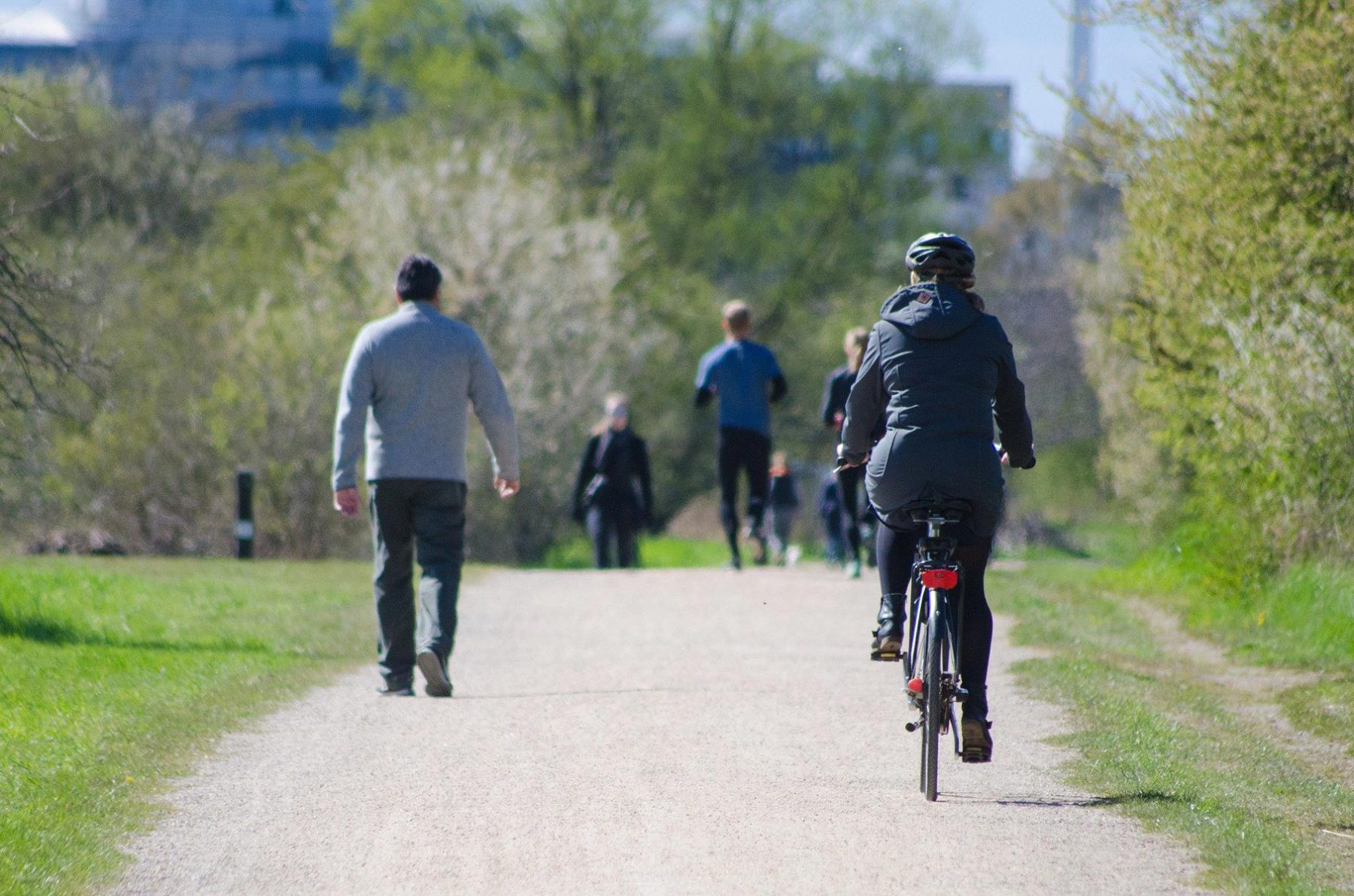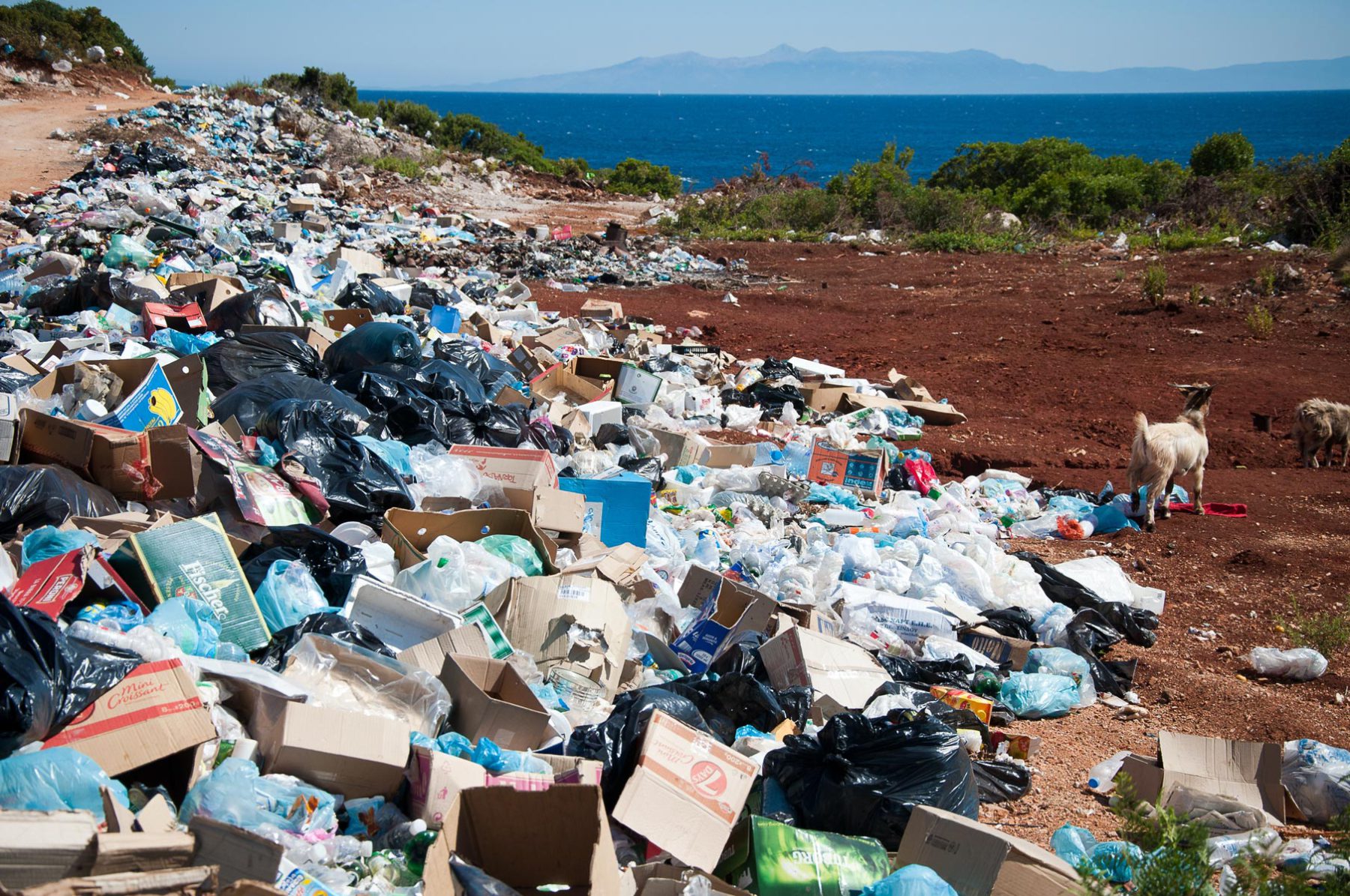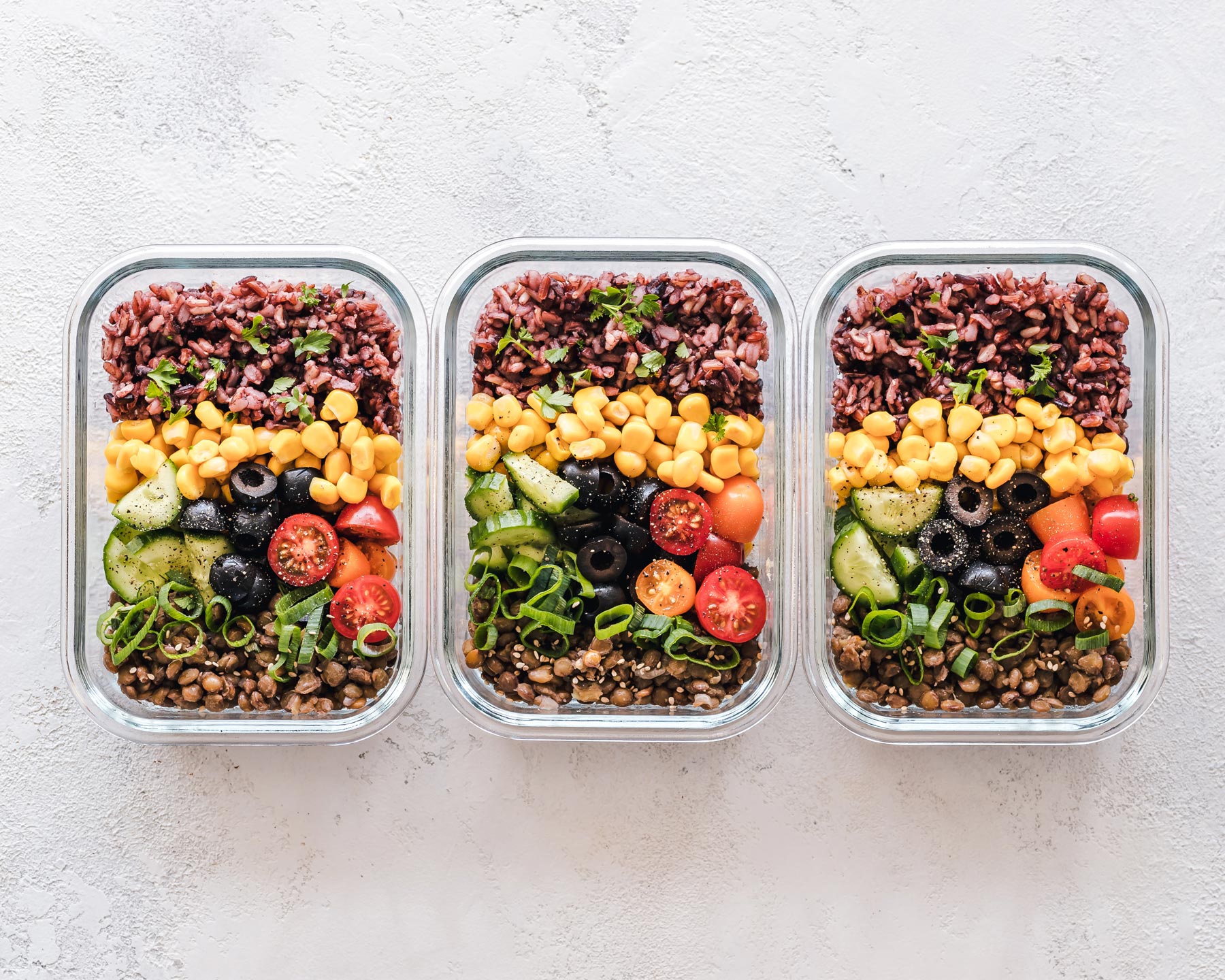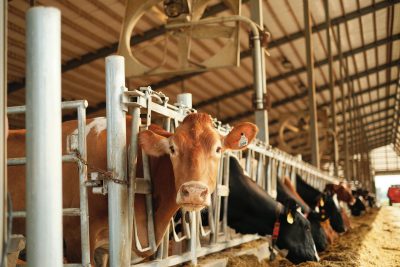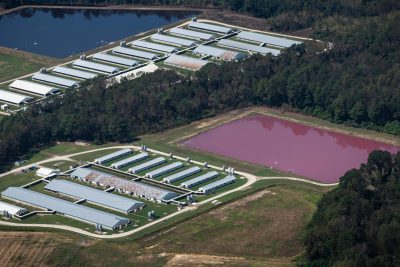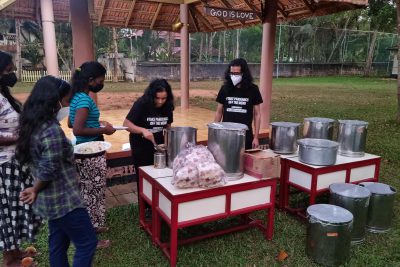Scientists are observing changes in the Earth’s climate in every part of the world and across the whole climate system. Some of these changes are incredibly obvious—forest fires, floods, droughts, and heatwaves, for example—and some cannot be reversed. What we do now matters; our individual choices matter. So, here are a few ways we can each do our bit to reduce our carbon footprint and protect the planet and its inhabitants.
What Is a Carbon Footprint?
This is the amount of greenhouse gas emissions that are generated as a result of our actions. Despite the name, it’s not just about carbon. There are other greenhouse gasses, too, such as methane and nitrous oxide.
Examples of a Carbon Footprint
Everything we do has an impact, but how big an impact we have depends on our choices. These include:
- What we buy, wear, and eat
- How we travel and heat our homes
- Whether we work from home or commute long distance
- Whether we spend our vacations locally or fly around the world
- The building we live in, and how we insulate it
Fill out this questionnaire to discover your own carbon footprint.
What Are 15 Ways To Reduce Your Carbon Footprint?
- Switch to a vegan diet. Almost every animal product is responsible for more greenhouse gas emissions than almost every plant-based food. Beef is 20 times worse than tofu. Dairy milk is three times worse than soy milk. Trawlers in the fishing industry release as much carbon from the ocean floor as the entire aviation sector. For all these reasons and more, a plant-based diet is the best choice for the planet. The fantastic Darwin Challenge App can help you see how your food choices can make a big difference!
- Go car-free. If we can use public transport or afford an electric car we can significantly reduce our emissions. If going car-free is not an option, we should limit our driving as much as possible.
- Avoid flying. If we can join work meetings online and spend our vacations closer to home, the planet will thank us.
- Having fewer children is one area pinpointed by researchers at the University of Lund where we can make a big difference. And that makes sense given every additional person adds a lifetime of impacts.
- Buy less stuff. Manufacturing is a key cause of emissions, and most of the things we buy will end up in landfill or otherwise destroyed at some point.
- How is your home heated? So much energy is wasted when our lofts and walls are not properly insulated, and we should switch to renewable energy where possible so we leave fossil fuels in the ground.
- Search out new pleasures locally. Walking along a beach or through woodlands is free, uplifting and great for our mental health, as well as being good for the planet. Explore your own neighborhood and see what you find!
- Buy second-hand clothes, books and other items. It will save you money, too!
- Buy organic wherever possible. Fertilizers are a “significant source” of greenhouse gas emissions, as well as being bad news for insects, birds and other animals.
- Waste less. Around one-third of all food is wasted, so all the energy used to produce it is wasted too. Buy only what you need, and seek out some recipes that use leftovers.
- Fix, don’t buy! If you can fix an appliance or mend a piece of clothing, you’ll be doing the planet a favor.
- Spend your vacations closer to home. The very best holidays are the ones spent with loved ones, relaxing, laughing, and exploring. And you don’t need to fly around the world to do that!
- Buy seasonal and local foods. Although what we eat is much more important than where it was produced, the more we can reduce our food miles the better.
- Plastic has a big carbon footprint, as well as polluting our planet. Choose plastic-free every time you can.
- Donate to regeneration projects. Tree-planting helps take carbon from the atmosphere while restoration of ocean habitats does the same.
How To Reduce Carbon Footprint at Work?
There are many ways to reduce our climate impact while at work.
Offices
Offices should be well insulated, with efficient windows and appropriate ventilation. Use of elevators for short journeys should be discouraged for those who are able to walk, and lights should be efficient and switched off when not needed. Of course, the best way to reduce office-based impacts is for staff to work from home, if not full-time, then one or two days a week.
Appliances
Appliances should not be upgraded unnecessarily, and should run on green energy. Rechargeable batteries should be prioritized over standard ones. Computers and other appliances should be switched off when not in use.
Travel Schemes
Green travel should be promoted and incentivized, whether that is car-sharing, public transport, cycling, or walking. Positive choices should be rewarded!
Food and Drink
There are three key issues here: what is served / eaten; where it was produced; and how much is wasted. Cafeterias should be encouraged to serve mostly plant-based foods. Staff members should be made aware of the impacts of food choices and food waste. Bottled drinks should not be provided but instead a water cooler can be installed. Coffee should not be made from pods or through other resource-heavy methods, and it should be organic if possible. Avoiding single-use cups and plates is one thing we can all do.
Recycling
Go paperless if possible, and ensure recycling bins are available for every item that can be recycled. Don’t send old computers, printers and other items to landfill if they can be donated to a charity, or fixed and re-used.
How To Reduce Carbon Footprint as a Student?
The good news is that actions that are good for the planet are usually cheaper, too!
Books and Computers
Buy second-hand books, borrow from a library, or share with another student. Laptops use a lot less energy than desktops, so if you have a choice, you know what to do!
Food
Plant-based meals are cheaper than meat ones, just as tasty and can provide all the nutrients we need.
There are plenty of budget vegan recipes available freely online. Take your drink in a thermos or reusable bottle rather than buying disposable bottles and cups.
Travel
Walk or cycle to classes. It is cheaper, better for the planet, gives us a little room to think, and gets oxygen pumping round our bodies. Don’t worry about the rain. It’s just water! You won’t dissolve!
Accomodation
Not all student accommodation is high-quality, and we may have limited options on greening our home. But, we can stay warm with rugs and jumpers, and turn the thermostat down a notch. What’s good for your wallet is good for the planet, too.
Conclusion
Every day, we are presented with opportunities to make decisions that will benefit the planet. We should take them!


